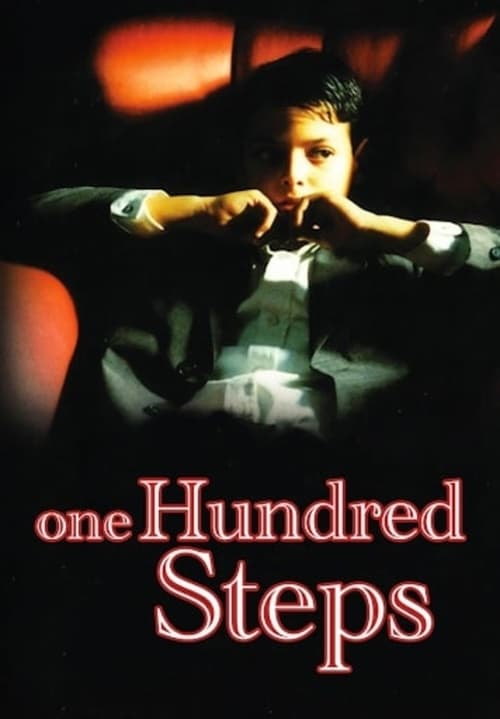
Uncle Frank
In 1973, when Frank Bledsoe and his 18-year-old niece Beth take a road trip from Manhattan to Creekville, South Carolina for the family patriarch's funeral, they're unexpectedly joined by Frank's lover Walid.
Dialogues from Movie Uncle Frank
Quotes from Movie Uncle Frank
Sound Tracks from Uncle Frank by Thomas Newman
Let It Be Me
Let It Be Me by The Everly Brothers, Played during a pivotal family moment
In My Life
In My Life by The Beatles, Played during a reflective scene
All Things Must Pass
All Things Must Pass by George Harrison, Played during the closing credits
Download App
Memorable Scenes from Movie Uncle Frank
The Family Discovery
In a tense dinner setting, Beth accidentally reveals Uncle Frank's sexual orientation to the family. This moment is marked by shocked silence, the tension palpable as the family grapples with this revelation. Uncle Frank, usually so composed, visibly tenses and struggles with the impending fallout. As he stands to leave, the gravity of his truth hangs in the air, leaving viewers feeling his isolation and fear.
Context: This moment is pivotal because it sets the stage for Uncle Frank's internal conflict and the journey he will undergo throughout the film. It also highlights the family's deep-seated prejudices and hints at the struggles that will follow.
Uncle Frank's Confession
Later, Uncle Frank confides in Beth about the emotional turmoil he faces being true to himself in a world that rejects him. The conversation is raw and vulnerable, showcasing his fears about family acceptance and societal pressure. It’s a powerful moment of connection between them, representing Frank's trust and vulnerability.
Context: This scene is important as it deepens Beth's understanding of her uncle and strengthens their bond, while revealing Frank's character layers, showing both his strength and vulnerability.
The Road Trip Begins
The road trip to the funeral begins and Uncle Frank is visibly uneasy, filled with apprehension about facing his family. Beth tries to lighten the mood with humor, symbolizing her support. The car's close quarters create an intimate atmosphere, allowing for quiet moments of reflection and connection.
Context: This moment emphasizes the physical and emotional journey both characters are undertaking. It's a moment filled with both excitement and trepidation.
The Confrontation at the Funeral
At the funeral, Uncle Frank confronts the harsh words of a family member. The scene is heavy with tension as they exchange heated arguments, showcasing deeply rooted prejudices. Uncle Frank’s emotional outburst serves as a cathartic release, as he stands up for himself in a powerful display of defiance.
Context: This confrontation serves as a key turning point for Frank, marking a moment of reclaiming his identity in front of those who once marginalized him.
Beth’s Support
Following the confrontation, Beth finds Uncle Frank sitting alone, visibly shaken. She comforts him and shares her own vulnerabilities and fear of disappointing her family. This moment of mutual honesty strengthens their relationship and emphasizes the theme of chosen family.
Context: This is crucial because it shows how family support can come from unexpected places, reinforcing the bond between them.
Flashback to Frank’s First Love
A poignant flashback reveals Frank's first love affair, contrasted with the present challenges he faces. The visuals of young love are beautiful but bittersweet, evoking a sense of lost possibilities. The scene captures the joy and pain of Frank's journey.
Context: This flashback adds depth to Frank's character, showcasing the impact of society's rejection on his life choices and past relationships.
The Growing Tension with the Family
As the funeral continues, comments from family members grow increasingly hostile towards Frank. His silent reactions reveal both his hurt and resilience, while Beth watches in distress, making her feelings towards her family’s prejudice clear.
Context: This scene underscores the conflict between personal truth and family loyalty, setting the stage for the eventual challenges Frank must face.
Beth Reads Frank’s Love Letter
In a touching moment, Beth discovers Frank's love letter to his partner, full of hope and sorrow. Reading it out loud, the audience feels the weight of his love and loss, painfully juxtaposed with his current struggles.
Context: This moment deepens the theme of love's resilience, even in the face of discrimination, emphasizing the importance of authenticity in relationships.
Beth's Defiance
Beth stands up to a particularly harsh family member, defending Frank and openly rejecting their prejudices. Her passionate speech highlights her growth and solidarity with her uncle.
Context: This marks a significant shift for Beth; she moves from being a passive observer to an active advocate, showcasing the power of familial love and support.
The Heartfelt Apology
Near the end, Frank tells Beth how much her support means to him. Their conversation is filled with warmth, underscoring the deep bond they've developed throughout the story.
Context: This moment solidifies the central theme of love and acceptance, showing Frank’s emotional growth through the support of his niece.
Facing Old Demons
Frank confronts his father’s grave, speaking to him with fury and sadness, unleashing years of pent-up emotions. This moment is visually striking, with strong imagery that symbolizes Frank's struggle and resilience.
Context: This confrontation marks a significant moment of catharsis for Frank, allowing him to finally voice his hurt and claim his identity.
Beth’s Decision to Stand By Frank
In a powerful moment, Beth decides to leave the family home with Frank, turning her back on the prejudices of her upbringing. Their departure is filled with hope and strength, a symbol of unity.
Context: This decision signifies a turning point for Beth, reinforcing the theme of standing up for what is right and the importance of allyship.
Final Road Trip Montage
The journey back home is filled with laughter and bittersweet memories. Scenic visuals showcase their burgeoning relationship, intertwining joy and sorrow beautifully.
Context: The montage serves as a powerful culmination of their journey together, celebrating the bonds of family and love against a backdrop of personal struggle.
The Last Conversation
In their final conversation, Uncle Frank expresses gratitude for Beth’s unwavering support. The raw emotions shared reflect the importance of acceptance and understanding in family dynamics.
Context: This moment encapsulates the film’s central themes, solidifying the deep bond they’ve forged despite outside pressures.
Revisiting the First Love
In a memory sequence, Frank is seen laughing and dancing with his first love, full of life and happiness. The contrast to his current situation hits hard, showcasing the poignancy of lost moments.
Context: This scene represents the joys and sorrows of love, deepening the emotional impact of Frank's story.
A New Beginning
The film closes with Frank preparing to embrace his new reality, surrounded by Beth and newfound allies. The hopeful tone is uplifting, emphasizing themes of acceptance and personal truth.
Context: This ending symbolizes resilience and the power of love in the face of adversity, leaving viewers with a sense of hope.
Download App









